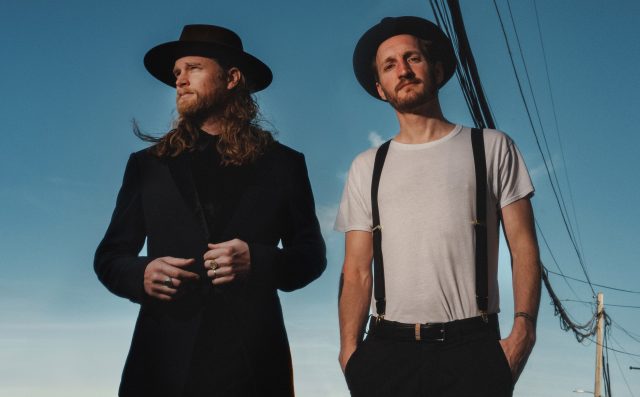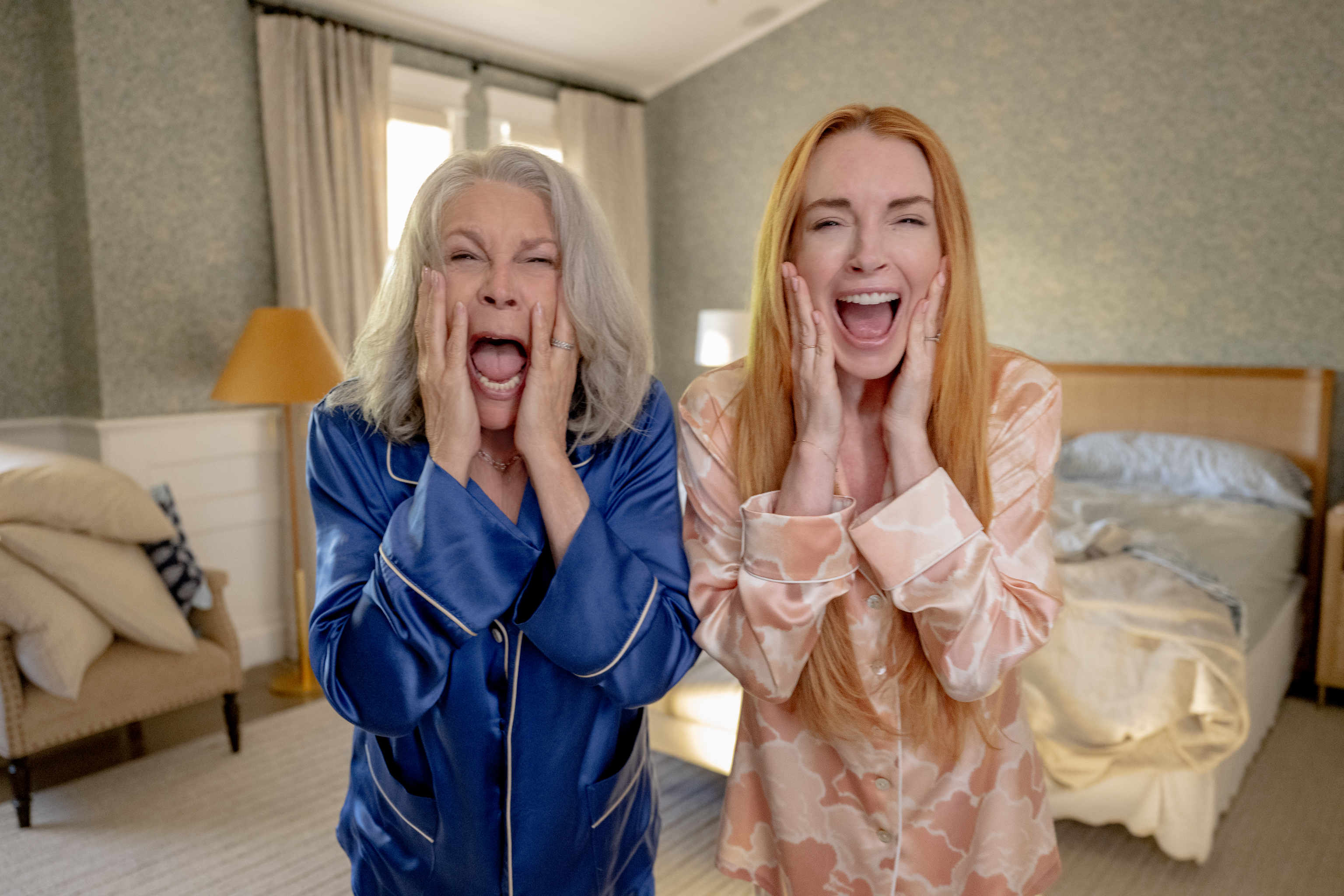Flo Gibson was the voice of countless audiobooks
Published 4:00 am Sunday, January 16, 2011
Flo Gibson, who for decades read soothingly to Americans as they toiled at the gym, behind the wheel or over housework, died Jan. 7 at her home in Washington. Gibson, the universally acknowledged grande dame of audiobooks, was 86.
The cause was cancer, her daughter Carrie Gibson said. At her death, Gibson was halfway through taping “Les Miserables,” which would have been, give or take a title or two, the 1,134th recorded book of her career.
Trending
Gibson was the founder of, and chief reader for, Audio Book Contractors, which she ran for nearly three decades from a specially built recording studio in the basement of her home. The company produces audiobooks for sale to libraries and individual consumers.
Audio Book Contractors, which specializes in unabridged recordings of the classics, seeks out an audience for whom a well-told story on tape and the latest bodice-ripper tend to be mutually exclusive. (That said, Gibson did record “East Lynne,” an 1861 novel by Mrs. Henry Wood that the Chicago Tribune once cheerfully described as “riveting Victorian smut.”)
Known for her impeccable diction — she was a former radio actress — and scrupulous fealty to the text, Gibson narrated everything from “The Wind in the Willows” to capacious adult books like “Pride and Prejudice” (11 hours, 41 minutes) and “Middlemarch,” which spans 31 hours, 7 minutes, over 24 cassettes, an effort that took her more than 10 weeks in the studio.
Today, thousands of audiobooks appear annually — read by authors, celebrities and professional voice-over artists. But Gibson’s work, colleagues say, was notable on several counts.
For one thing, she was an early entrant in the field, starting out in the mid-1970s recording talking books for the blind for the Library of Congress. She went on to found Audio Book Contractors well before recorded books were commonplace in stores and libraries.
For another, she was almost certainly the field’s most prolific practitioner. A busy voice-over artist might typically narrate several hundred books in a career; to record more than 1,100, as Gibson did, is almost beyond contemplation.
Trending
What was more, reviewers agreed that if one were to invest, say, the 36 hours and 7 minutes required to hear “Anna Karenina,” then there was no better voice to hear it in than Gibson’s.








